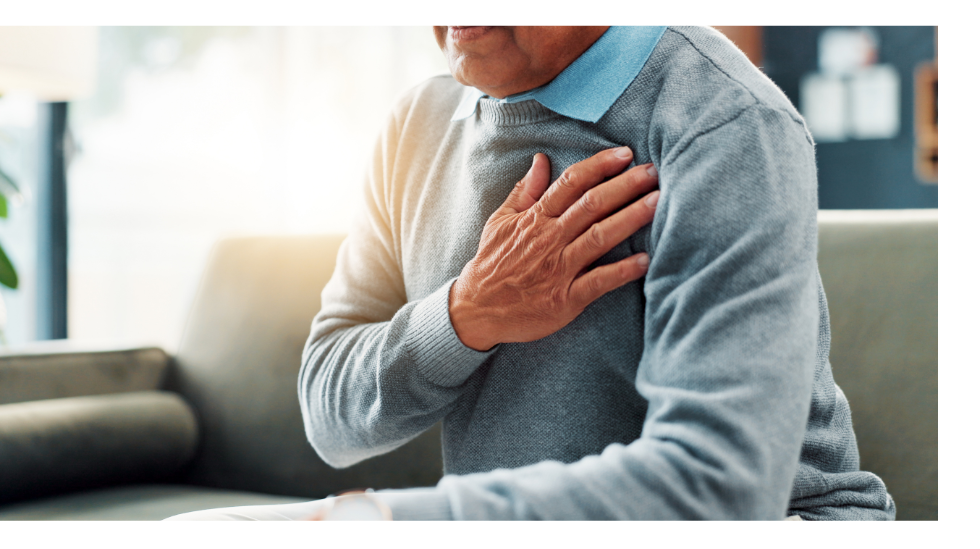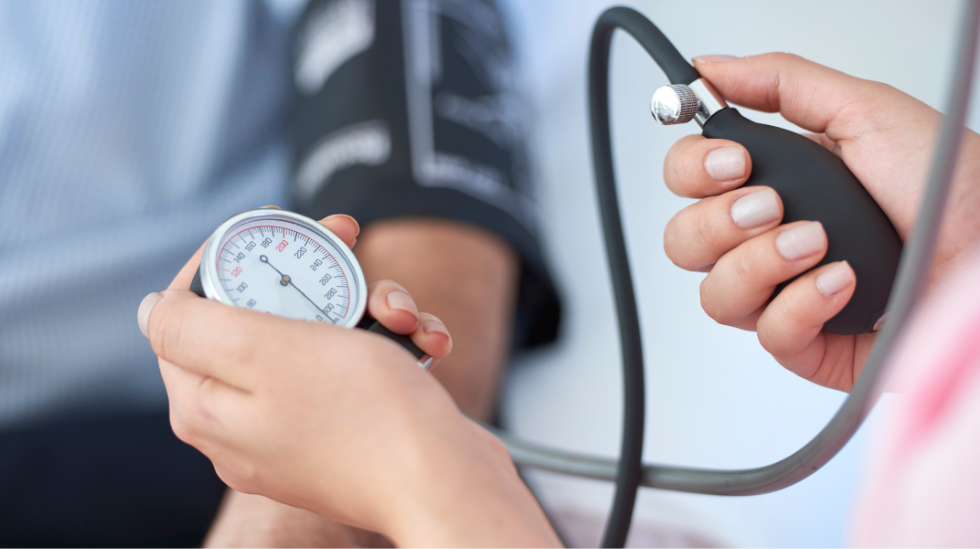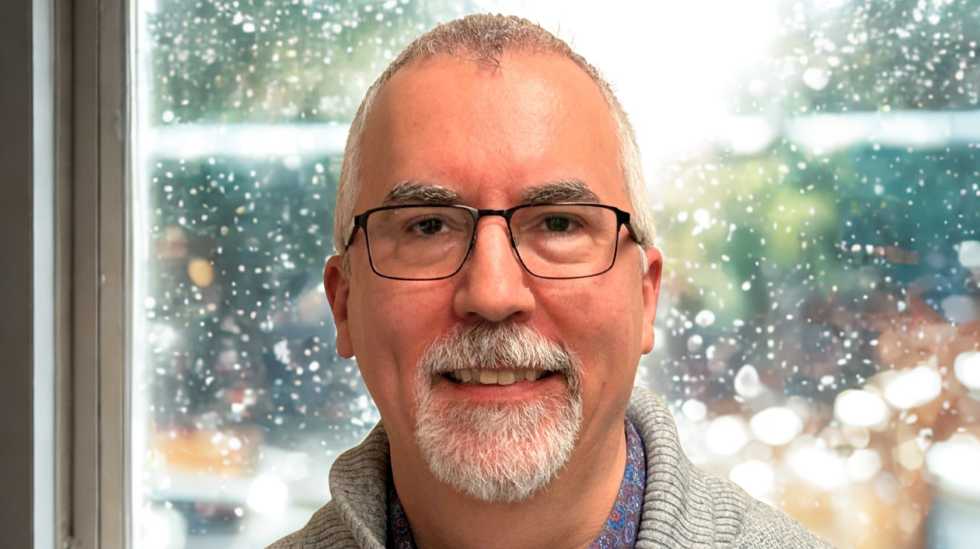News & Articles
Read the latest news, press releases, and information about providers, technological advances, services and programs at Southern New Hampshire Health.

Read the latest news, press releases, and information about providers, technological advances, services and programs at Southern New Hampshire Health.
Access photos and obtain facts and figures about Southern New Hampshire Health.
View Resources
Southern New Hampshire Health continues to earn accreditations, accolades, and awards.
View Our Awards
Our expert providers offer important health-related information on a variety of topics.
Listen Here

Southern New Hampshire Health Welcomes Alexandra Poll, PA-C and Cynthia Tranchemontagne PA
February 19, 2026
Southern NH Health welcomes two new providers to the health system, Alexandra Poll, PA-C to Foundation Cardiology and Cynthia Tranchemontagne, PA to Merrimack Family Practice. Both of these providers bring years of...

Cranberry Ham Slice
February 19, 2026
This Cranberry Ham Slice recipe combines savory ham with a sweet and tangy cranberry sauce for an easy, comforting dinner. A simple, balanced meal idea from Southern New Hampshire...

Excellence in Care: More than 80 Southern NH Health Physicians Earn Spots on NH Top Doctors List
February 18, 2026
Each year, New Hampshire Magazine's Top Doctors list recognizes outstanding physicians across New Hampshire who demonstrate exceptional clinical expertise, leadership, and compassionate patient...

Am I Having Heart Attack?
February 16, 2026
Learn common and lesser-known heart attack symptoms in men and women, plus what to do if you’re not sure. Expert insight from Foundation...

Southern New Hampshire Health Earns Top Honors in 2025 Best of Greater Nashua Awards
February 12, 2026
Southern New Hampshire Health was recognized in the 2025 Nashua Telegraph Best of Greater Nashua Readers’ Choice Awards, earning honors for Best Regional Hospital, Best Urgent Care, and Best General...

What Your Blood Pressure Numbers Tell You
February 11, 2026
Learn what your blood pressure numbers mean, what is considered healthy, and when to take action. Dr. Shawn Wallace of Amherst Family Practice explains how to protect your heart and overall...

A Lighter Take on Comfort Food: Cauliflower No-Crust Quiche
February 5, 2026
This easy cauliflower no-crust quiche is a lighter, veggie-packed take on a classic. Perfect for breakfast, lunch, or dinner and simple to make...

Measles Is Back in the U.S. Here’s What You Should Know
February 5, 2026
Measles cases are rising across the U.S. Southern New Hampshire Health, a nonprofit health system, shares what you should know about symptoms, spread, and vaccination to help protect our...

Pastoral Care- Furthering Southern NH Health’s Mission of Patient-Centered Care
February 2, 2026
Pastoral Care at Southern New Hampshire Health provides spiritual, emotional, and human support for patients, families, and staff when it matters...

Southern New Hampshire Medical Center Recognized as State’s Only Five-Time Magnet® Designated Hospital
January 21, 2026
Southern New Hampshire Health, a non-profit health system, announced its Medical Center has become the only hospital in the state to earn a fifth Magnet® designation from the American Nurses Credentialing...